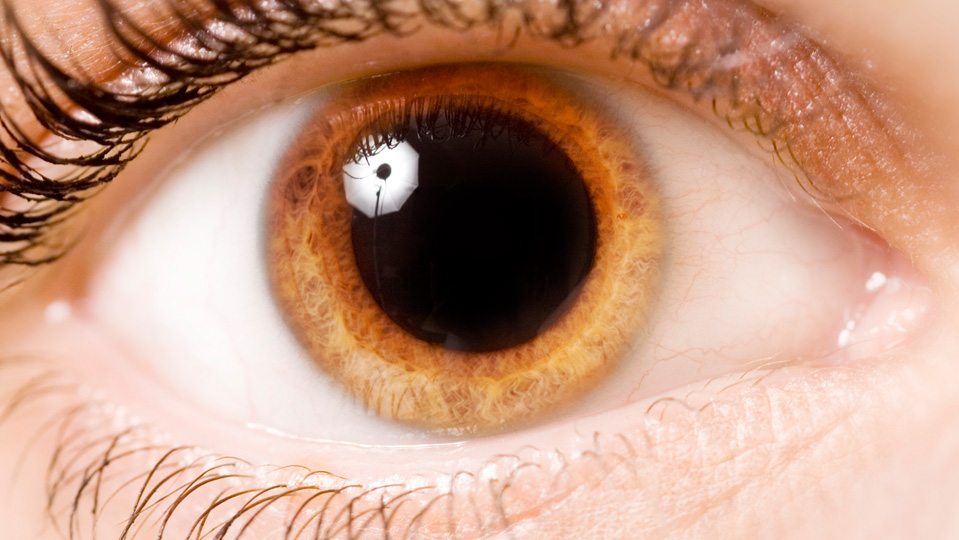Learn about refractive errors: myopia, hypermetropia, astigmatism and presbyopia
16/01/2026

02/03/2022
What is the pupil?
The pupil is the black hole located in the centre of the iris, the part that gives colour to the eye. The pupils change size depending on the lighting, measuring from 2 to 4 mm in bright light and from 4 to 8 mm in low light or darkness to increase the amount of light the eyeball receives, and also influence the ability to eye focus. The pupil works thanks to two muscles: the sphincter of the pupil, which closes it, and the dilator muscle of the pupil, which opens it.
Why do the pupils dilate?
Sometimes the pupils dilate without changes in lighting and are larger than usual; the medical term for it is mydriasis. There are different causes for mydriasis to occur.
• Neurological diseases: migraine, cerebrovascular accident or stroke, brain haemorrhage, tumours or infections.
• Eye diseases or injuries in which the iris can be damaged: eye trauma, inflammation of the iris (iritis or uveitis), glaucoma, etc.
• Third cranial nerve palsy (oculomotor nerve that runs from the brain to the eye and controls the position of the eyelid, the movement of the eyeball and the size of the pupil): in these cases, pupillary dilation is usually associated with ptosis (droopy eyelid), double vision and/or visibly misaligned eyes.
• Some medicines, both by general route and by topical route (eye drops). Often, during the ophthalmological visit, it is necessary to dilate the pupils with eye drops in order to carry out a complete and detailed examination of the retina and other elements inside the eye that cannot be seen without mydriasis.
• Consumption of alcohol or drugs, such as marijuana or cocaine, among others, which can cause significant excitation of the muscle fibres that form the iris, causing pupillary dilation.
Thus, pupil dilation can occur for many reasons. In some cases, the dilation goes away on its own. In others, it can indicate a serious and immediate problem.
The most frequent side effects of mydriasis are light sensitivity, photophobia or glare, blurry vision and trouble focussing on close objects. With respect to drug use and the use of eye drops for eye examination, the effects gradually disappear.
If the pupils are dilated and do not contract when exposed to light, it is necessary to go to the ophthalmologist so that he/she can carry out a complete examination, determine its causes and establish the most appropriate treatment.